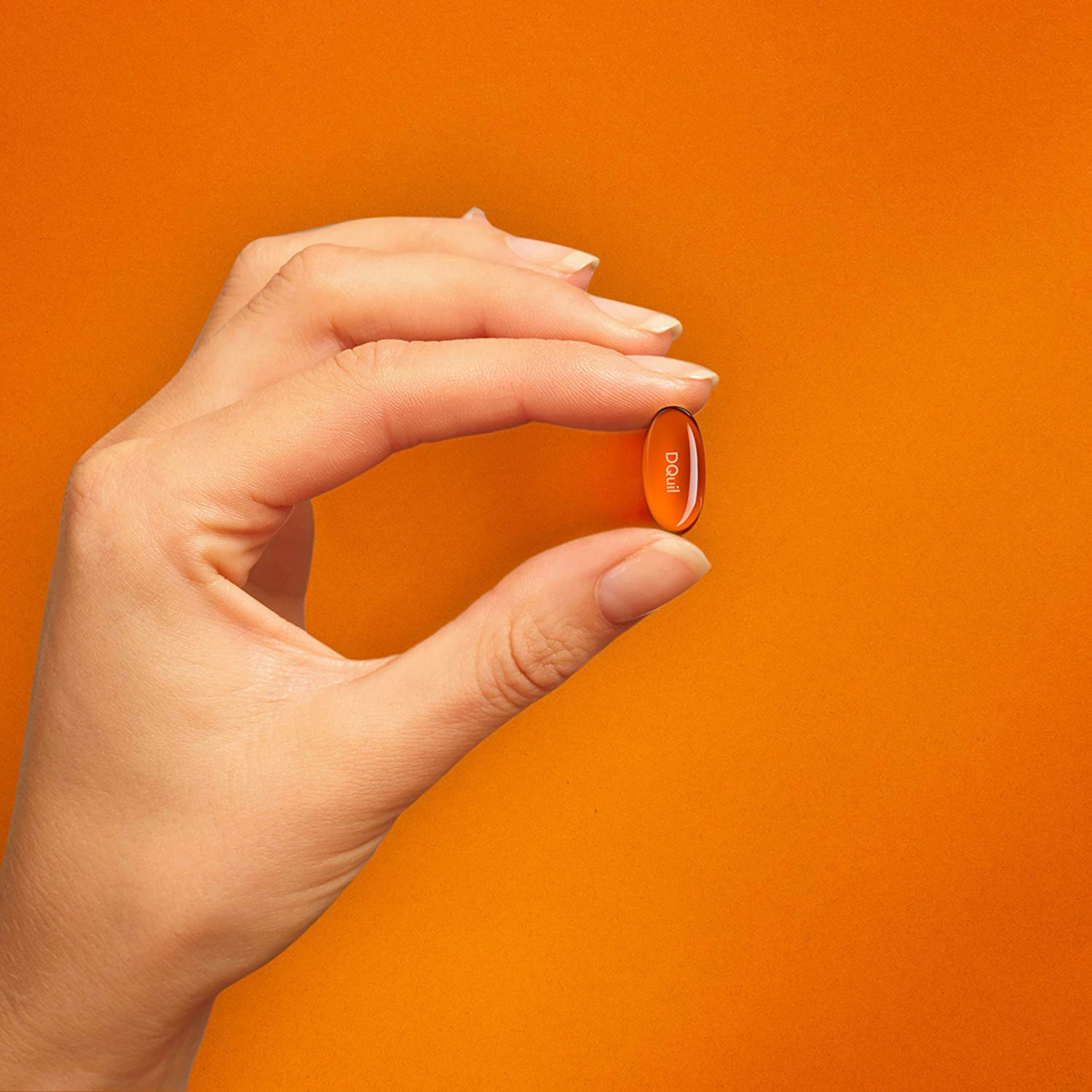Table of Contents
Decongestants are easy to use, cheap, and effective. Generally, these drugs are used to treat nasal congestion and other symptoms associated with colds and allergies.
Nasal congestion is the blockage of nasal passages due to common colds, flu, or allergies. Nasal congestion can also be caused by the overuse of some nasal sprays or drops (if your stuffiness is getting worse, you may be suffering from a rebound effect known as chemical rhinitis).
Nasal congestion is also known as a nasal blockage, nasal obstruction, a blocked nose, or stuffiness. It happens when the nasal membranes become swollen from inflamed blood vessels. And that is when we need decongestants because they open the nasal passages by narrowing the blood vessels that supply the nose.

These medicines do not cure colds or allergies, and they will not stop all symptoms. Nasal decongestants serve one specific purpose — they can relieve only stuffiness. When you are considering whether to use a decongestant to stop the irritating symptoms associated with a cold, you should know that decongestants are not the only solution. Tea or chicken soup can be excellent natural alternatives. You also can use adhesive strips to help unblock the nasal passages.
Side effects of nasal decongestants
The biggest problem with decongestants and their side effects is the risk of making an existing heart problem worse. You should always consult your doctor before taking any decongestants, especially if you are suffering from high blood pressure (in which case these medications can lead to dangerous side effects). Generally, decongestants can be divided into two main categories – decongestant nasal sprays and nose drops, and oral decongestants.
Decongestant Nasal Sprays and Nose Drops
Frequently occurring side effects of nasal sprays and nose drops are sneezing, burning, stinging, and nasal dryness. These side effects are usually temporary and do not require medical intervention, but if you feel or observe any of the following side effects, please contact your doctor:
- increased blood pressure
- a headache
- a fast, slow, or fluttery heartbeat
- nervousness
- dizziness
- nausea or vomiting
- sleep problems
The side effects of oral decongestants
The most common side effects of orally taken decongestants are nervousness, dizziness, drowsiness, headache, nausea, weakness, and sleep problems. If you feel any of these side effects, please contact your doctor immediately. Other possible side effects are:
- increased blood pressure
- a fast, irregular, or fluttery heartbeat
- a severe headache
- tightness or discomfort in the chest
- breathing problems
- hallucinations
- trembling or shaking
- convulsions (seizures)
- painful or difficult urination
Nasal decongestants: Interactions with other medications
Nasal decongestants may negatively interact with other medicines. If you are using any of the medicines or street drugs listed below, consult your doctor before you start taking decongestants:
- Monoamine oxidase inhibitors (MAO inhibitors) such as phenzeline (Nardil®) or tranylcypromine (Parnate®), used to treat depression and Parkinson's disease.
- caffeine
- tricyclic antidepressants like imipramine (Tofranil®) or desipramine (Norpramin®)
- the antidepressant maprotiline (Ludiomil®)
- amantadine (Symmetrel®)
- amphetamines
- cocaine
- insulin
- diet pills
- medicine to relieve asthma or other breathing problems
- methylphenidate (Ritalin®)
- appetite suppressants
- other medicine for colds, sinus problems, hay fever or other allergies
- beta-blockers such as atenolol (Tenormin®) and propranolol (Inderal®)
- digitalis glycosides, used to treat heart conditions
This is not an extensive list of drugs that may interact with decongestants in a dangerous manner, so please consult your doctor or pharmacist. Nasal decongestants may be over the counter medications, but that does not mean they are harmless. Also, if you are suffering from any of the conditions below, please consult your physician before using decongestants:
- Heart disease
- High blood pressure.
- Kidney disease.
- Glaucoma (increased blood pressure in the eye)
- Thyroid disease.
- Diabetes.
- Trouble urinating due to an enlarged prostate gland

